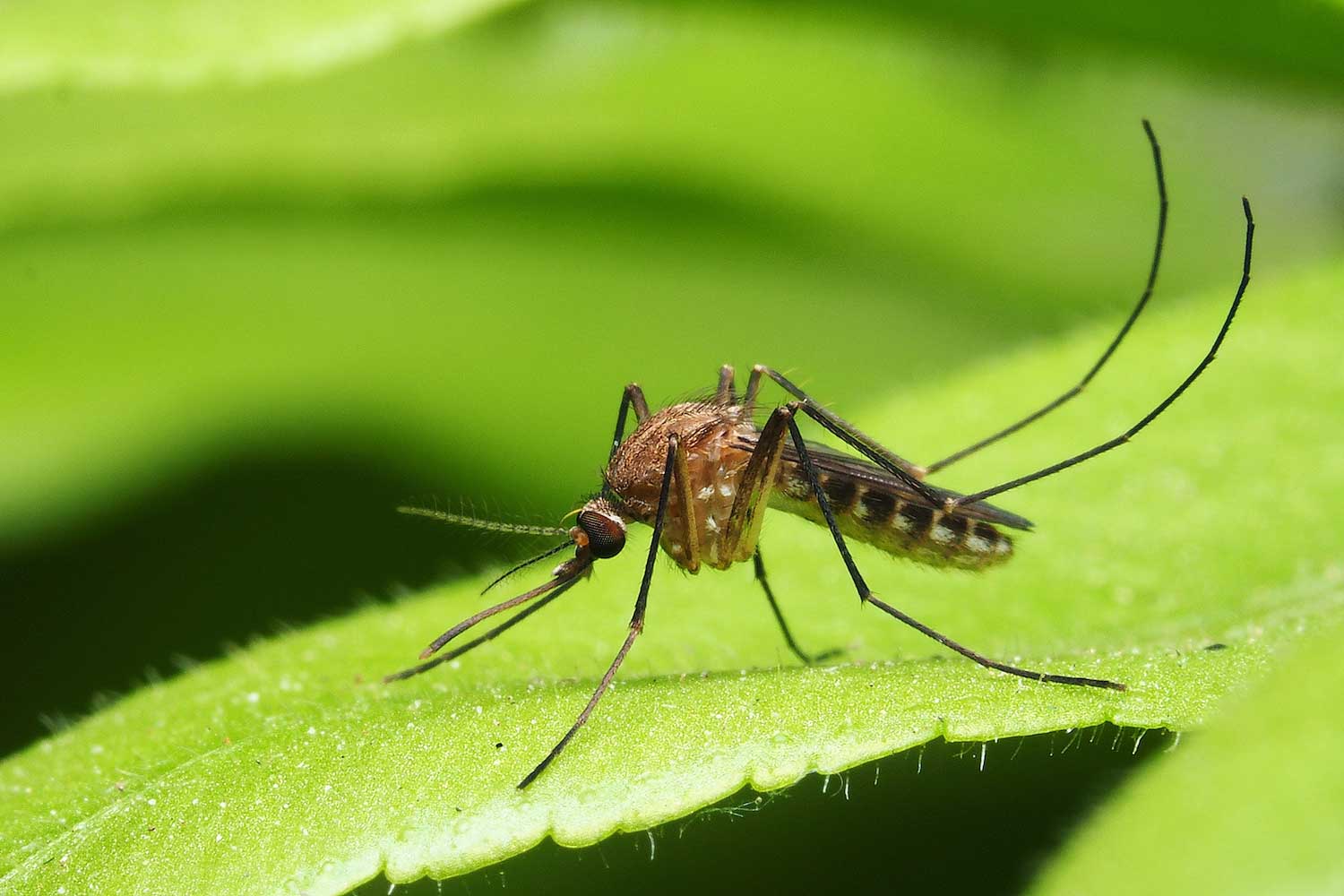Few things ruin outdoor enjoyment faster than mosquitoes. These tiny pests aren’t just annoying, as they can pose real health risks by transmitting viruses such as West Nile and Zika. While seasonal changes and geography can influence mosquito populations, one of the most controllable factors is how you maintain your own backyard.
An effective mosquito control strategy requires more than citronella candles and bug spray. Instead, it involves a combination of smart landscaping, strategic use of natural repellents, and professional guidance when necessary. The good news? Certain plants and habits truly can help reduce mosquito activity when implemented properly.

Know What Attracts Mosquitoes to Your Yard
Before you can keep mosquitoes away, it’s important to understand what draws them in. Mosquitoes are incredibly resourceful and can breed in surprisingly small amounts of water. A forgotten saucer under a plant pot or a clogged gutter is often all it takes to start an infestation.
Key attractants to be aware of include:
- Standing water: This is the number one mosquito breeding site. Even small puddles can support larvae.
- Tall grass and overgrown shrubs: These provide shade and hiding places for adult mosquitoes.
- Unmaintained pools or fountains: Stagnant water becomes a mosquito magnet if not circulated or treated.
- Excess moisture: Overwatered lawns and dense mulch beds hold moisture that mosquitoes use for shelter.
Making simple adjustments like dumping standing water weekly and trimming vegetation can dramatically reduce mosquito presence. For a deeper look at these factors, check out how to keep mosquitoes out of spaces that seem harmless at first glance.
Plants That Repel Mosquitoes Naturally
Some plants contain essential oils that mosquitoes find unappealing. While no plant alone will eradicate a mosquito problem, incorporating them into your landscaping can support broader mosquito control efforts.
Here are a few options known for their mosquito-repelling properties:
- Lemongrass: Contains citronella, which mosquitoes dislike. Best planted in pots or well-drained beds.
- Lavender: A hardy plant with a soothing aroma for humans and a repellent effect for mosquitoes.
- Marigold: Known to deter several types of insects, including mosquitoes and aphids.
- Basil: Useful in the kitchen and detested by mosquitoes, especially when the leaves are disturbed.
- Catnip: Surprisingly effective, catnip contains nepetalactone, a compound stronger than DEET in some studies.
For best results, these plants should be placed near seating areas, patios, or entryways. Their effectiveness increases when leaves are gently crushed or brushed to release oils.
Yard Maintenance Strategies That Work
In addition to plant-based defenses, proper yard maintenance plays a critical role in mosquito control. This means addressing both the environment mosquitoes breed in and the structures that allow them to linger.
Consistent yard care should include:
- Weekly water checks: Dump birdbaths, kids’ toys, clogged gutters, and anything else that collects rainwater.
- Lawn trimming: Keep grass short and prune back bushes regularly to eliminate cool, shaded hiding spots.
- Mosquito-safe watering: Water lawns in the morning so excess moisture evaporates before dusk, when mosquitoes are active.
- Mulch control: Use cedar mulch if possible, which repels some insects, and don’t pile mulch too deeply.
- Drainage management: Grade soil away from your home and improve drainage to avoid puddles and saturated areas.
When yard maintenance becomes routine, it helps prevent mosquito populations from taking hold. But if you’re dealing with persistent activity despite regular upkeep, the issue may be deeper than it appears.
Limitations of DIY Mosquito Prevention
While some home remedies and over-the-counter repellents can reduce mosquito encounters temporarily, they often fall short of addressing the full problem. Backyard foggers, essential oil sprays, or homemade traps might reduce bites for a few hours, but they rarely disrupt mosquito breeding or long-term survival.
In fact, certain do-it-yourself tactics can make things worse by pushing mosquitoes into hidden corners of your property where they’re harder to detect. Understanding the hidden dangers of DIY pest approaches helps clarify why professional assessment is often the more reliable option.
Pest control professionals use methods like larvicide application, property mapping, and safe insecticide treatments that work at the root of mosquito problems, not just the surface. They can also identify breeding sources that may not be obvious, such as underground drains or irrigation systems.
Integrate Professional Support with Smart Planning
The most effective mosquito control plans combine personal vigilance with expert input. Homeowners can take plenty of meaningful steps to make their yards less attractive to mosquitoes, but some situations require more advanced tools and expertise.
By integrating routine yard maintenance, natural deterrents like specific plants, and professional services when needed, you create a layered defense that works across seasons. This comprehensive approach is far more effective than any one solution on its own.
Take Back Your Outdoor Space
A mosquito-free yard isn’t just more enjoyable, it’s safer. If you’re tired of battling swarms or noticing increasing mosquito activity near your home, it may be time for a more targeted approach. Contact Prevent Pests for reliable, expert-backed mosquito control that supports both short-term relief and long-term protection.

